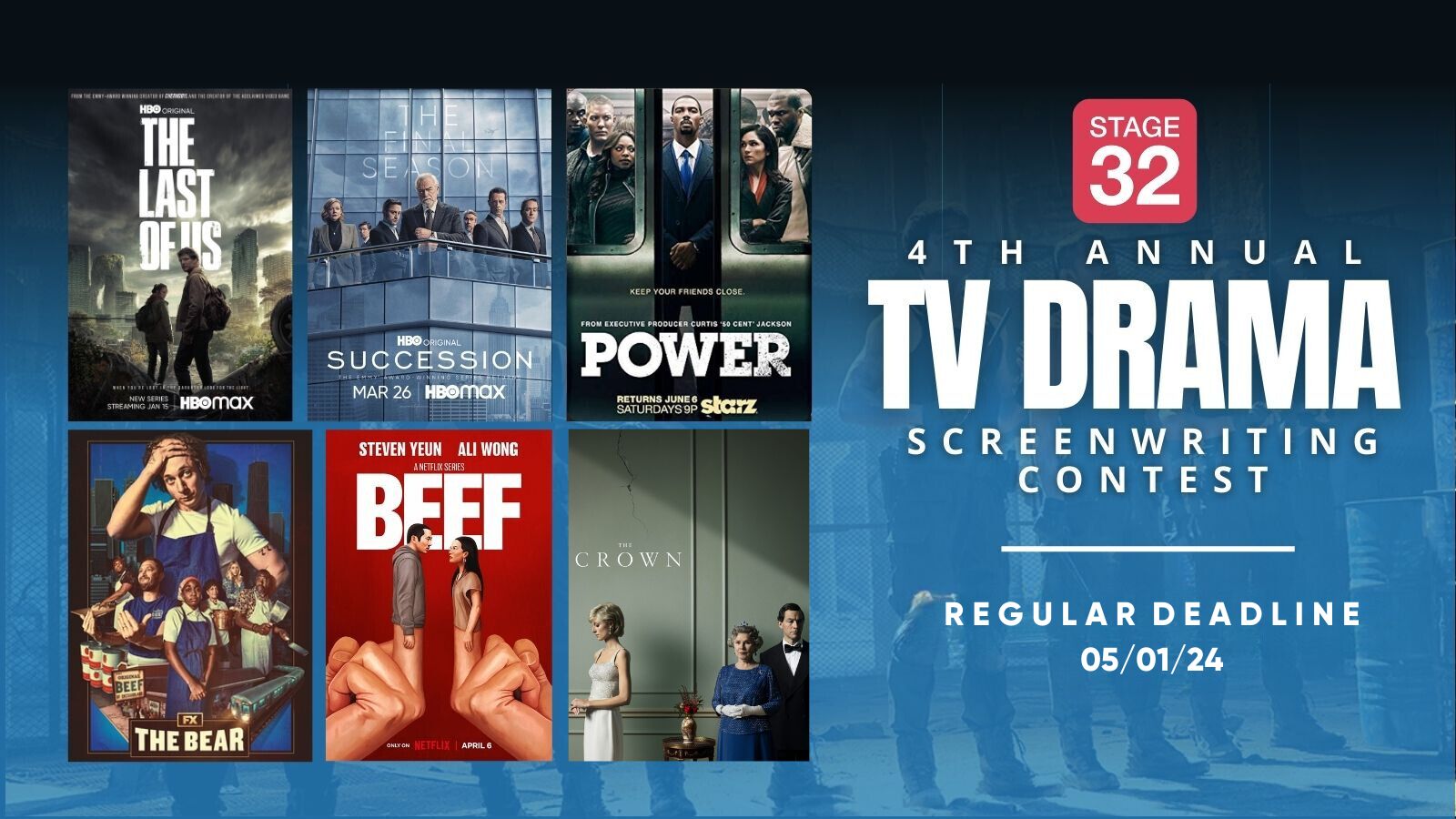Webster defines "Benchmark" as: "something that can be used as a way to judge the quality or level of other, similar things". How could this apply to our creative abilities or for here, for our compositions, scores or other musical output? There are two ways of looking at this: (1) we can use a benchmark to look at ways that our music has evolved or changed. Since these are artistic efforts, for this judgement we are just looking at differences not judging 'quality' or 'correctness'. Composers over time, especially long careers may have slow or even drastic changes in their 'sound'. This is true perhaps going back hundreds of years to classical composers such as even Mozart or Beethoven. We can even see it with pop composers or film scorers as well. (2) we can use a benchmark to see how the music has changed relative to say, sophistication, complexity or improvements in techniques and abilities. We know this is often done in sports to judge how a player has matured - frankly, it is done in most trades and professions in things like performance reports.
While assessments relative to benchmarks are often done externally by others in our film business, for example by 'critics'. I think it could be useful here for us to stop and do a self assessment of our own material by 'stepping outside' and listening to our works as if we were someone else.
Here is how it would work. You can describe your results for all of us here, or merely do it for yourself and your own edification . Locate and listen to your first musical composition/piece that you would consider professional (not created for an instructional course). Now locate and listen to your last/most recent work or if you choose, one of your last say three works that you would consider most representative of your current style and sound. Now critique NOT the works themselves but what has changed from your 'benchmark' (your first work) to your current music.
If you share your two pieces here and your critique/discussion, do so with the INTENT of sharing your analysis. This post/blog is NOT about promoting your works (you do that in a different lounge here on stage32) but about helping us through your self-analysis of your first and recent works. Make sure we know how much time has expired between the two. And finally - critique the changes in composing style and sound and not solely the production/arrangement. Provide the major points/highlights here (though you may have more material for yourself). A paragraph or two is all we would want to read.
Let me provide an example for myself: I decided to get involved in music in Sept., 2000 and while I did compose and record live some small piano pieces for about 3 years, I made the decision to go back to school and learn orchestration during the summer of 2003. So my benchmark would be "Secluded Beauty" which was completed in Aug., 2003. This was composed while I was taking my first music fundamentals class and before I started my two years of theory and ear training. I had no real knowledge of orchestration at that point. I compare it to part of a film score to "Doorbell" which was made at the end of June of 2017 - 14 years apart. In listening to the two, here are some of my thoughts on the 'journey' between the two. First some comments on my benchmark: (1) I initially was in experimentation mode so I spent more time at the beginning trying as many different styles and motifs. I have moved from the kitchen sink approach to providing more thought to motifs and development of material, (2) I was infatuated with 3/4 time and writing everything in the G scale., (3) slow was simpler so I rarely wanted to delve into uptempo styles, (4) I spent little time experimenting with percussive elements other than simple percussive elements, (5) my chords tended to stay diatonic, (6) I spent very little time trying to incorporate counterpoint or horizontal movement in the instruments not playing melody - they often tended to play merely diatonic chord notes. Now a little about the 'sound' I created which can be seen in both: (1) modulation - when things get too repetitive, (2) attention to melodic detail - there always seems to be a melody, (3) multiple distinct melodic sections, (4) use of texturing/layering of instrumentation and loudness/velocity to create contrast. I have more but again, the idea here is just to provide the highlights.
Secluded Beauty: www.icompositions.com/music/song.php?sid=122290Doorbell: www.icompositions.com/music/song.php?sid=221853
In my opinion, one of the best ways of moving forward artistically, is to occasionally look at your roots/where you started and compare it to where you are now. So now it's your turn. Give us links to your benchmark and a recent work and briefly discuss the transition from the benchmark to the present.



It's a great exercise I use daily. That sense of perspective can be compressed to hours if you work at it. I felt I got there when I was mixing mockups for Chris Young to send to Lasse Halstrom, who was on the east coast, for The Shipping News. I didn't have a day to get fresh ears...the mixes had to be perfect within an hour. My mantra became "I'm listening to this for the first time," over and over again. I realized later I could apply the same thing to my composition. Just sit back and listen to your own composition as if somebody else sent it to you for feedback. Compartmentalize the "I made this!" feeling. It's a feeling you wouldn't have for someone else's work, so it's not part of your usual taste. It's easier to do with yearly benchmarks, but it can be done in a day if you want it!
1 person likes this
I hear music in my head. I have over 100 copyrights. I compose classical to rock, jazz to blues, pop to punk. I however cannot get a job they say I am autistic savant I say everyone here is stupid as mud. Lets collaborate http://www.hishousemedia.com
1 person likes this
Hi Joel :-) My first attempt at film score is on my website at www.rachelwalkertrio.com under the film score section. I actually enjoyed it. It would be much more fun to have a film score to follow and create for. Part of the interest is to interpret the emotion in a creative way. Please have a listen. I enjoyed listening to yours! Thank you Rachel :-)
1 person likes this
Listened to your music - both vocal and instrumental. Here is an idea - a few days ago I watched the film, "Darrow And Darrow" - a legal/trial film on the Hallmark Movies & Mysteries channel (www.imdb.com/title/tt6931984/). The primary actress is Kimberly Williams-Paisley and so as you would expect, her country star husband, Brad Paisley was involved in the music of the film. This film is brand new (premiered on Sept. 24th) and so this could give you some ideas of mixing in both regular cues with acoustic cues.
Hi Joel,
This is one of the first pieces I wrote back about 9 years ago:
https://vimeo.com/235260971
And here are two things I wrote recently:
https://vimeo.com/235260659https://vimeo.com/235260815
I found that adding winds, synths, and exotics really helped me to open up the sound and give it a more "cinematic" feel. When I first started writing music, it was all about dense lush chords.
And while I often have to fight the impulse to do it, I'm coming to realize that less densely populated chord structures help open up the piece so I can hear better what's happening inside. I don't always achieve it, but it's in my mind at all times when I'm writing something.
Originally, I just laid everything on thick, and used it to cover up my lack of structure.